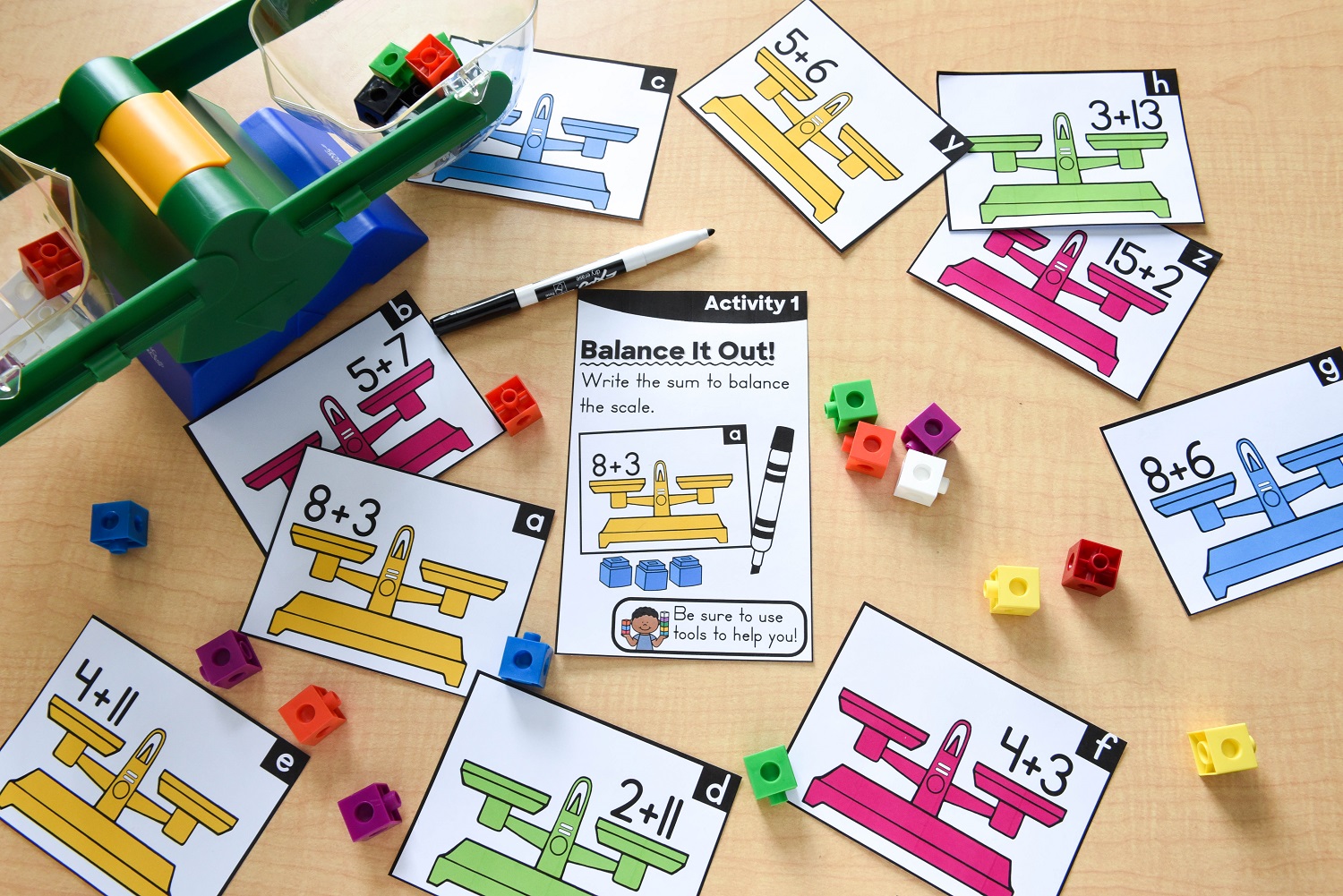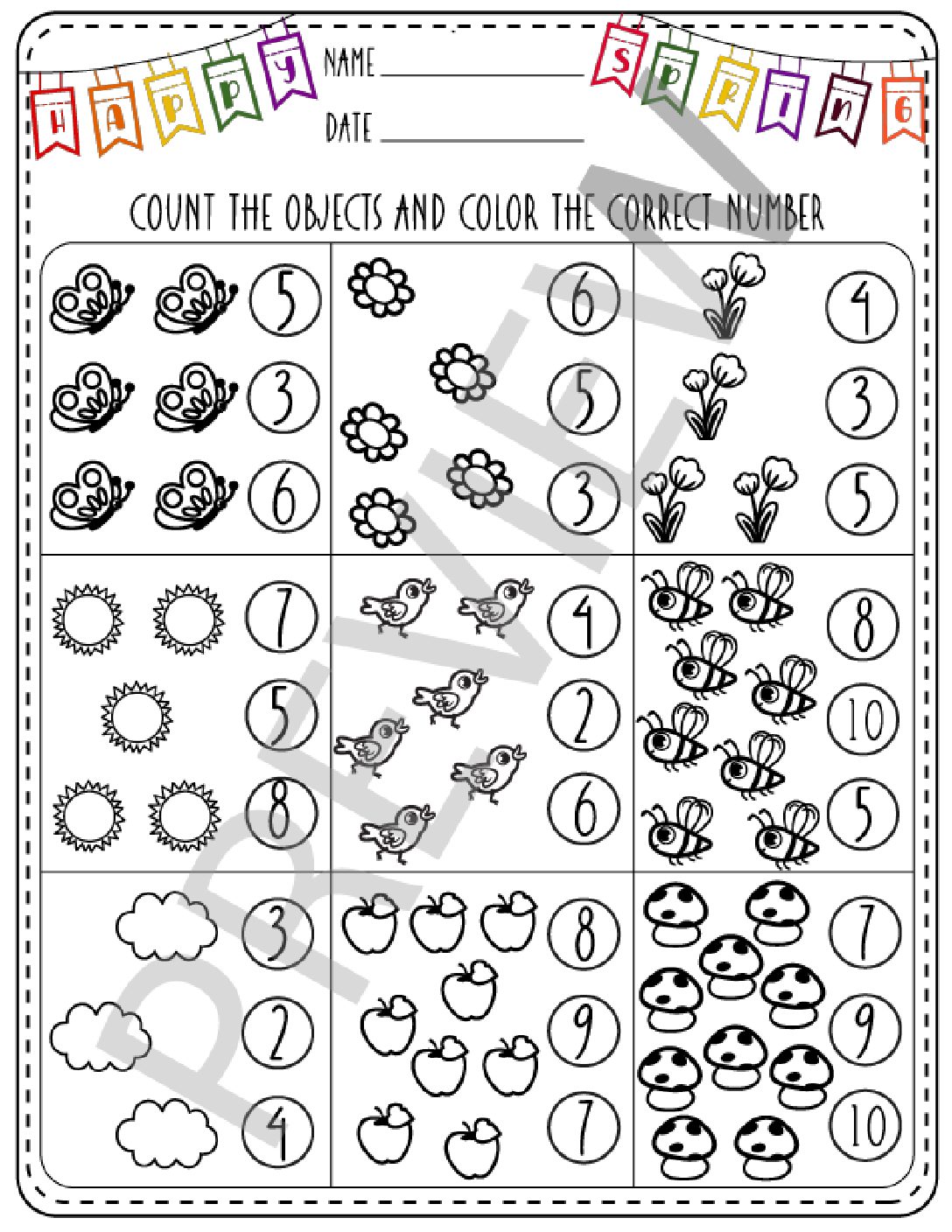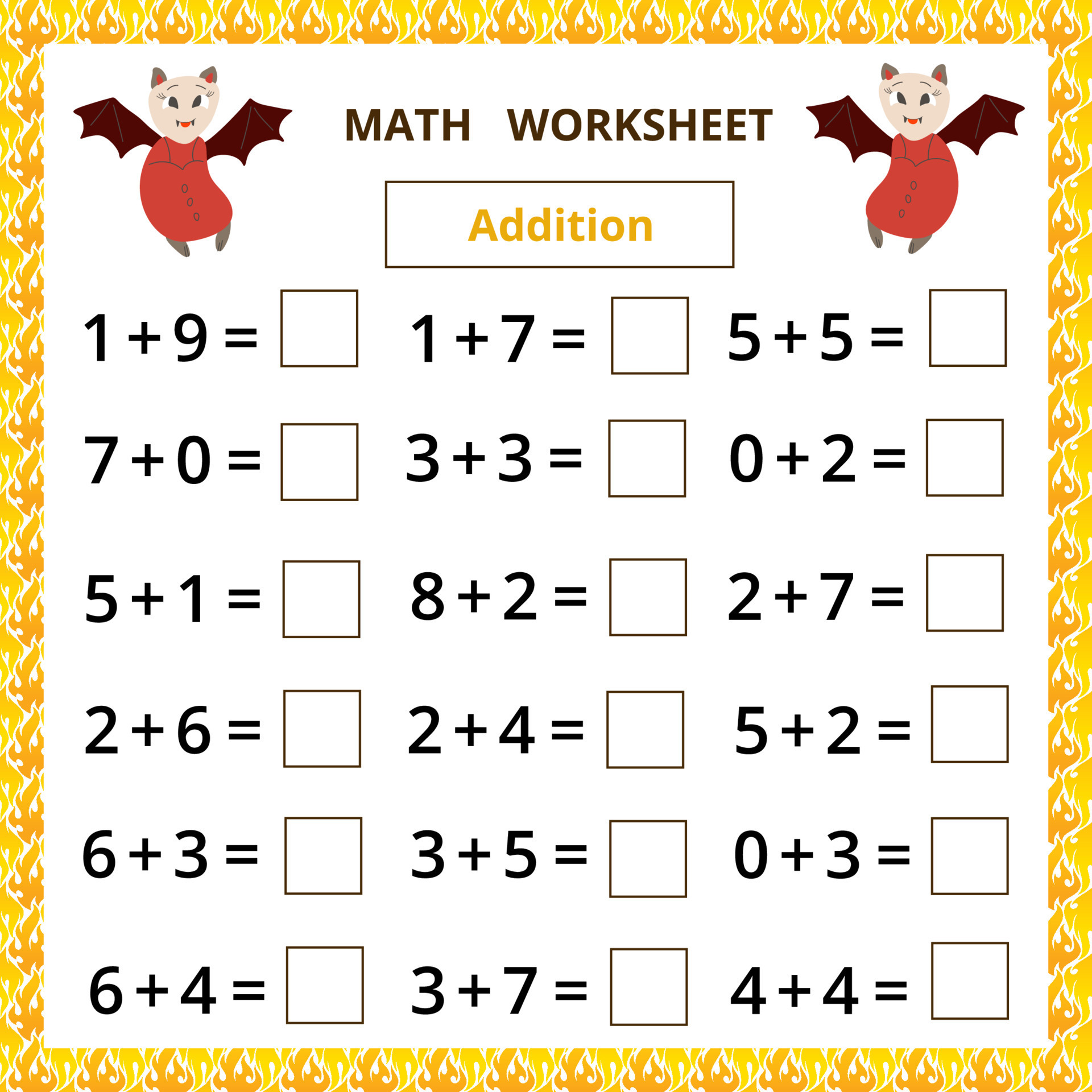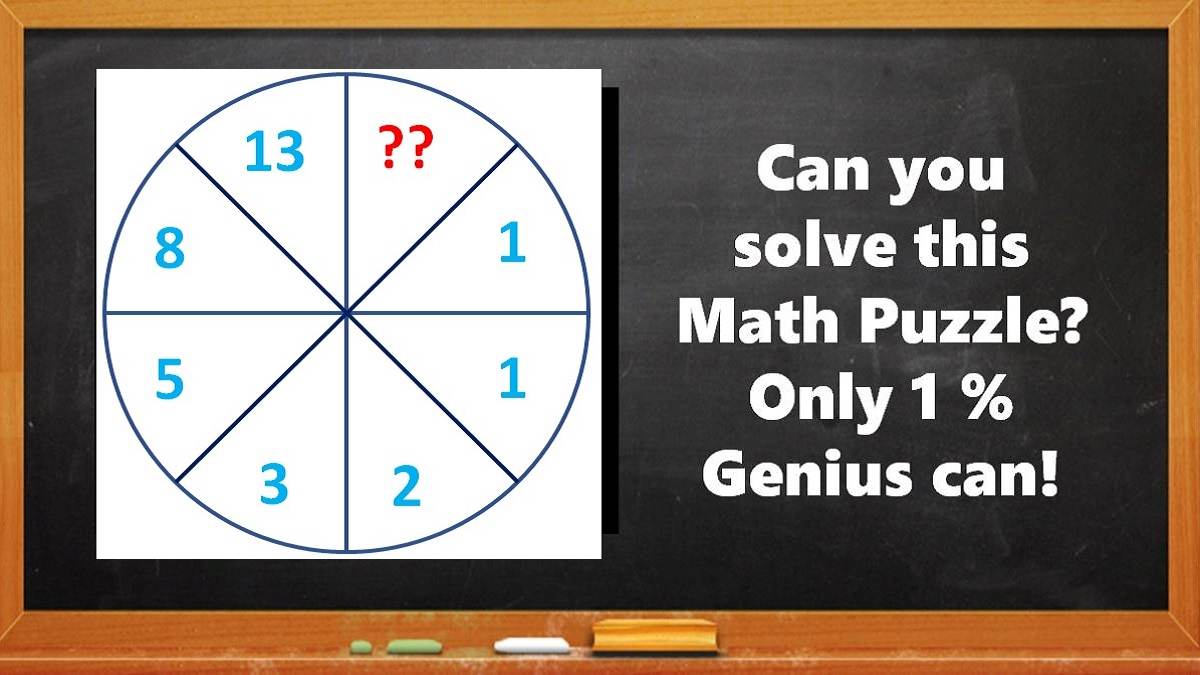Mathematics is often considered the backbone of many academic disciplines, and its importance cannot be overstated. For fifth graders, a critical juncture in their educational journey, mastering fundamental math skills is essential. One of the most effective ways to enhance these skills is through consistent practice. This article delves into the power of practice in developing math skills for fifth graders, supported by research, case studies, and effective strategies that educators and parents can implement.
Understanding the Importance of Math Skills in Fifth Grade
Fifth grade serves as a crucial period for students, as they transition from basic arithmetic to more complex mathematical concepts. At this level, students typically engage with:
- Fractions and decimals
- Basic geometry
- Introduction to algebraic thinking
- Data interpretation and analysis
Research indicates that a strong foundation in math during these formative years correlates with future success in higher education and career opportunities. According to the National Assessment of Educational Progress (NAEP), students with solid math skills in elementary school perform better in high school and beyond.
The Role of Practice in Mastering Math Concepts
Practice is an essential component of skill development in mathematics. It allows students to:
- Reinforce learning
- Identify and correct mistakes
- Build confidence in their abilities
- Develop problem-solving strategies
Studies show that students who engage in regular math practice tend to outperform their peers who do not. A report from the Institute of Education Sciences found that focused practice can enhance students’ understanding of mathematical concepts by as much as 30%.
Effective Strategies for Practicing Math Skills

To maximize the effectiveness of practice, educators and parents should employ various strategies to keep students engaged and motivated. Here are some proven techniques:
1. Daily Math Practice
Implementing a daily routine of math practice can significantly enhance a student’s skills. This routine could include:
- 10-15 minutes of focused homework
- Online math games
- Workbooks with varied exercises
2. Incorporate Real-World Applications

Math becomes more relatable when students can see its application in real life. Examples include:
- Calculating discounts while shopping
- Measuring ingredients for a recipe
- Planning a budget for a school project
These activities not only make math fun but also help students understand its relevance.
3. Utilize Technology

Technology can enhance math practice through interactive tools and resources. Some popular options include:
- Math learning apps (e.g., Khan Academy, Prodigy)
- Online quizzes and games
- Video tutorials that explain complex concepts
These resources can make practice more engaging and accessible for students.
4. Group Learning and Peer Tutoring
Encouraging collaboration among students can lead to improved math skills. Group learning allows students to:
- Discuss problem-solving methods
- Share strategies for overcoming challenges
- Support one another in grasping difficult concepts
Peer tutoring is also effective, as students often feel more comfortable asking questions of their classmates.
Case Study: The Impact of Practice-Oriented Curriculum

A notable example of the effectiveness of practice in enhancing math skills can be seen through a case study conducted at a suburban elementary school in California. The school implemented a practice-oriented curriculum focusing on daily exercises and real-world applications of math concepts.
The results were remarkable:
- Improvement in average math test scores by 25% over one academic year
- Increased student engagement and participation in math-related activities
- Positive feedback from parents regarding their children’s confidence in math
This case study illustrates how a structured approach to practice can yield significant improvements in student performance.
Statistics on the Benefits of Practice

Several statistics underscore the importance of practice in enhancing math skills:
- A study published in the Journal of Educational Psychology found that students practicing math problems regularly showed a 50% improvement in their problem-solving skills.
- According to research by the National Council of Teachers of Mathematics, consistent practice leads to better retention of mathematical concepts, with students retaining up to 80% of what they practice regularly.
- A meta-analysis by the American Educational Research Association concluded that practice-based learning is one of the most effective methods for improving student performance across various subjects, including math.
Encouraging a Growth Mindset in Math Practice

One of the key factors in successful math practice is fostering a growth mindset among students. This concept, popularized by psychologist Carol Dweck, emphasizes that abilities can be developed through dedication and hard work. To encourage a growth mindset, educators and parents can:
- Praise effort rather than innate ability
- Encourage students to take on challenging problems
- Normalize mistakes as part of the learning process
By cultivating a growth mindset, students are more likely to embrace practice as a valuable tool for improvement.
The power of practice in enhancing math skills for fifth graders is undeniable. Through daily engagement, real-world applications, technology integration, and collaborative learning, students can significantly improve their mathematical abilities. The evidence supports that consistent practice leads to higher retention and better performance, which is essential for future academic success.
As educators and parents, the responsibility lies in creating an environment that encourages regular practice while fostering a positive attitude toward learning. By doing so, we prepare our fifth graders not just to excel in math but to approach challenges with confidence and resilience.
In summary, practice is not just a means to an end; it is a powerful tool that shapes the way students understand and interact with mathematics. By harnessing this power, we can empower the next generation of learners to achieve their full potential.

